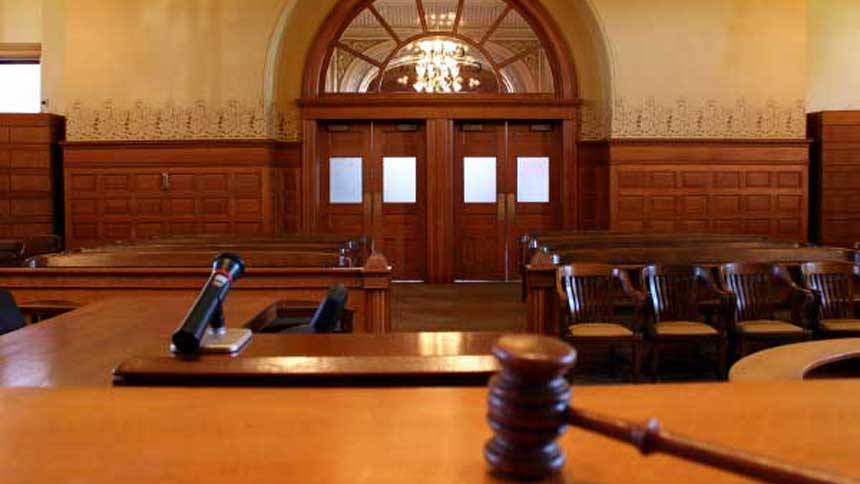
On July 13, 2021, the New Jersey Supreme Court decided the Essex County case of State v. Edwin Andujar. The principal issue concerned the propriety of the prosecution’s conducting a criminal background check on a prospective juror.
Chief Justice Rabner wrote for the unanimous Court in relevant part: In this appeal, the Court considers defendant Edwin Andujar’s argument that he was denied the right to a fair trial because racial discrimination infected the jury selection process. In doing so, the Court addresses for the first time when a criminal history check can be run on a prospective juror. The appeal centers on the selection process for F.G., a Black male from Newark. F.G. was questioned at sidebar for about a half hour.
Throughout the questioning, F.G. told the court he believed he could be a fair and impartial juror. F.G. volunteered that he had answers to multiple voir dire questions, including having two cousins in law enforcement and knowing “a host of people” who had been accused of crimes — five or six close friends in all. In providing details about those accusations, F.G. used terms like “CDS” and “trigger lock.” F.G. also told the court about three crime victims he knew. He said that two cousins had been murdered, and a friend had been robbed at gunpoint.
F.G. was asked if anything he had said would have an impact on him as a juror. F.G. suggested that he, like every other juror, has a unique background and perspective, which is why defendants are judged by a group. After additional questions, F.G. was asked whether the criminal justice system was fair and effective; F.G. responded, “I believe so because you are judged by your peers.” The State challenged F.G. for cause and asked that he be removed. The prosecutor noted that F.G. “has an awful lot of background” and “uses all of the lingo about, you know, the criminal justice system.” A second prosecutor voiced concern that F.G.’s “close friends hustle, engaged in criminal activity” because “that draws into question whether F.G. respects the criminal justice system” and his role as a juror.
Here, it seems prosecutors were looking to save their limited number of peremptory challenges by removing the prospective juror for cause. In arguing that he be removed from the prospective panel for cause, they also lay a potential basis to demonstrate that any peremptory challenge was not used for a prohibited reason like race.
